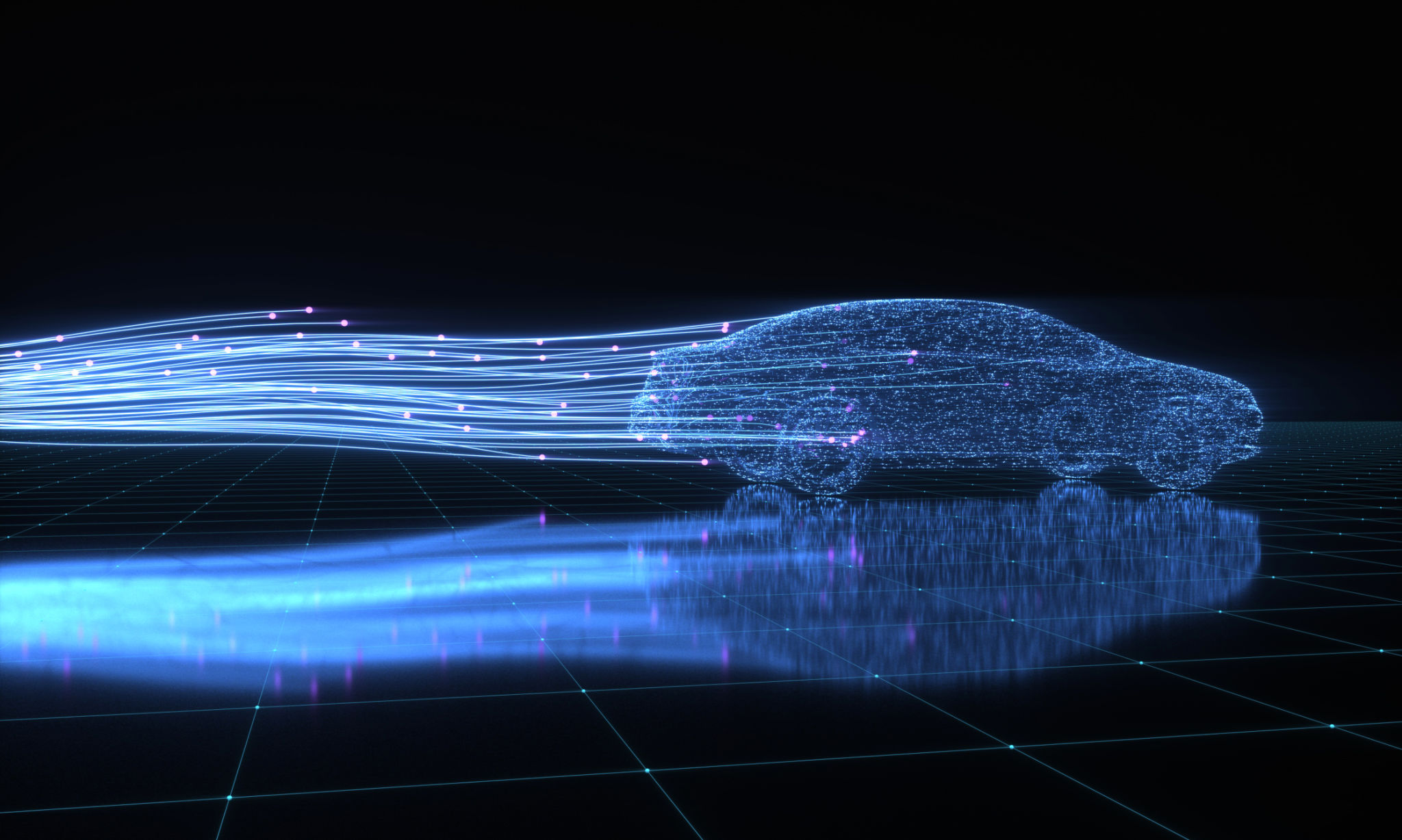The Benefits of Regular Front Radar Calibration for Your Vehicle
Understanding Front Radar Calibration
Modern vehicles are equipped with advanced driver-assistance systems (ADAS) that enhance safety and driving comfort. Among these features, front radar systems play a crucial role in applications such as adaptive cruise control and collision avoidance. However, to ensure these systems function optimally, regular front radar calibration is essential.

Calibration involves adjusting the radar sensors to align with the vehicle's specifications. This process is critical because even minor misalignments can lead to inaccurate readings, which might compromise safety. Regular calibration ensures that your car's radar system accurately detects obstacles and maintains proper function.
Why Regular Calibration is Necessary
Over time, various factors can affect the alignment of a vehicle's radar system. Events such as minor collisions, wheel alignments, or even routine maintenance work can alter the positioning of these sensors. As a result, regular calibration becomes necessary to maintain the accuracy and reliability of the radar system.
Without periodic calibration, the effectiveness of ADAS features could be significantly reduced, potentially putting drivers and passengers at risk. Ensuring that your vehicle's radar system is properly calibrated enhances safety by maintaining precise sensor functionality.

Improved Safety Features
One of the primary benefits of regular front radar calibration is the enhancement of safety features. Properly calibrated radars ensure that systems like forward collision warning and automatic emergency braking operate efficiently, providing timely alerts and interventions to prevent accidents.
Regular calibration aids in maintaining the reliability of these features, ensuring that they respond accurately to real-world driving conditions. This not only enhances driver confidence but also contributes to overall road safety.

Cost Efficiency in the Long Run
While some might view regular calibration as an additional expense, it can actually lead to cost savings in the long run. Accurate radar systems help in preventing accidents, potentially reducing repair costs and insurance premiums. Maintaining these systems through regular calibration minimizes the risk of malfunction and costly repairs associated with sensor misalignment.
Moreover, a well-calibrated radar system ensures optimal fuel efficiency by supporting adaptive cruise control features that maintain optimal speeds and distances, further contributing to cost savings.
Enhancing Vehicle Longevity
Regular front radar calibration not only supports immediate safety and performance but also contributes to the overall longevity of your vehicle. By ensuring that all systems are functioning correctly, you reduce wear and tear that could result from sensor inaccuracies or malfunctions.
This proactive approach helps in maintaining the vehicle’s value over time, ensuring that its advanced features remain operational and effective throughout its lifespan.
Conclusion: Prioritize Regular Calibration
Incorporating regular front radar calibration into your vehicle maintenance routine is a small step with significant benefits. From enhancing safety and performance to ensuring cost efficiency and vehicle longevity, the advantages are clear. Prioritizing this essential service keeps your vehicle's advanced systems working as intended and supports a safer driving experience for everyone on the road.